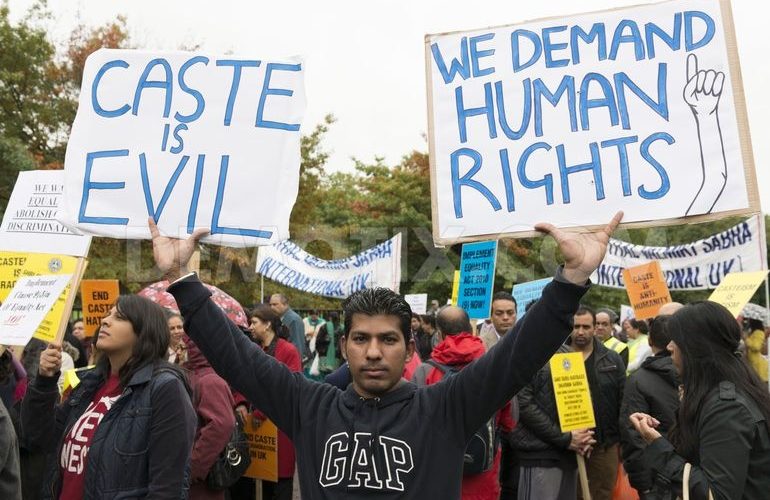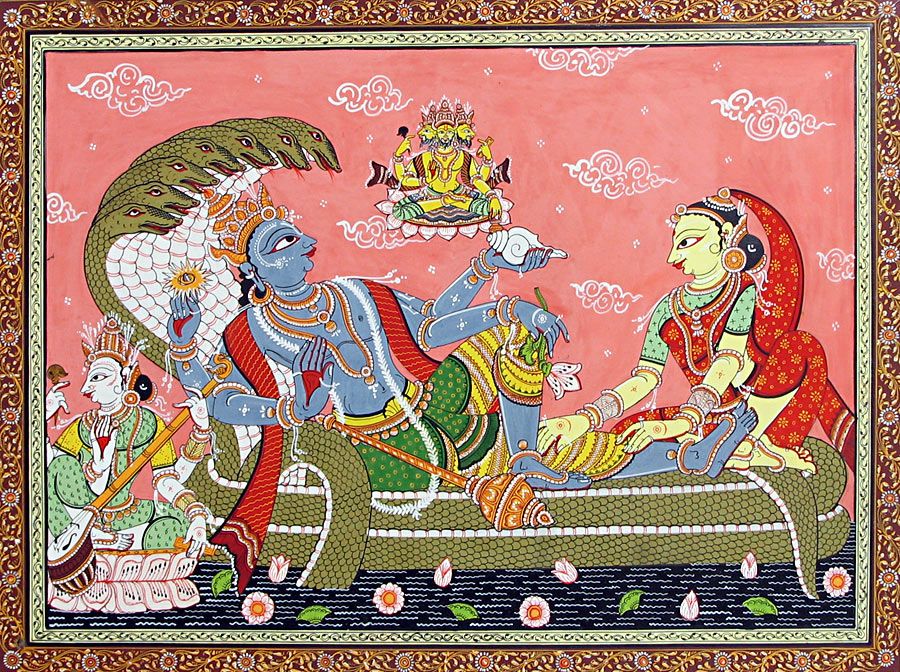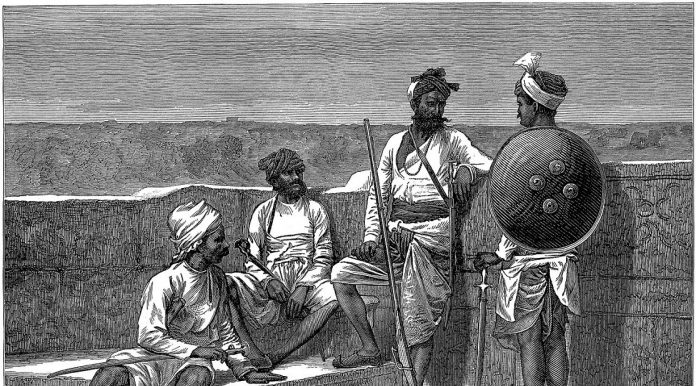Where did it went awry?
Whenever Hinduism, or Sanatana Dharma, is discussed in public, a thing which is heavily criticized, is the discussion of the caste system, and write off Hinduism as an evil social enterprise. It is a popular notion that it was used against the lower castes, as a form of oppression by the upper castes.
This is an undeniable truth, that some sections of the society has been the victim, alongside a vile mentality of some people that twisted the system, and oppressed people.
But very rarely people discuss about the same thing that seems to be a social evil!

Jāti or Varna?
When people talk about caste, they usually refer either Jāti or Varna.
Varna is the quality displayed by a person, with the word roughly translating to color. The word was first found in the Purusha Sūktama of the Rig Veda, where the terms Brāhmin, Kshatriya, Vaishya and Shudra are first heard.
The Brāhmins are symbolised by the head of the Purusha, Lord Vishnu. Kshatriyas as the arms. Vaishyas as the thighs. And Shudras with the feet.
This feels discriminatory, as it intends the status of feet lower than the head. And rightly so. Why some people should have birthright privileges?
But, Lord Vishnu has always been seen lying down! Very rarely people see this small, yet important aspect!

This gives the idea that everybody is same yet different.
Same, as the sense of oneness of ātmā and parmātmā. And different, as every human being has different capabilities and inclinations.
So when the Varnas fail in a complementary way, injustice and chaos arises in the society.
Just think if the Brahmins started to take up kingship, warriors started renouncing warfare, if businessmen don’t trade and the masses don’t work, the society will be on a path of destruction.
And remember, we’re talking about agrarian societies and civilizations here. This existed across many parts of the world.
But in India, it was written down.
Various people thought differently whether it is based on birth or virtues. And people mostly accepted the latter.
People like Yudhishthira had favoured virtue based and was highly critical over birth based treatments.
Karna was the embodiment of breaking the Varnas. He was a Kshatriya by virtue, and abandoned by his mother. And had to live his life as a Shudra, without the same treatment as other kings.
Valmiki, Vyasa, and Vishwamitra are classic ancient examples of people breaking the rules of the system. Saints like Tulsidas and Tukaram in the medieval era, and Swami Vivekananda and Swami Paramhansa Yogananda in the modern.
If you talk about Jāti, these are social groups of thousands, if we were to make a rough guess.
This was a loose variation from the Varna, more like a socio-cultural living phenomena, where people from different Jātis supported their group people. Jātis may had hierarchical distinctions, they weren’t rigid.
There were no shackles to remain, or change their Jāti. Individuals had the freedom.
But, various people corrupted the system over the course of time.
The ‘race science’ imposition by the British.
A guy by the name Herbert Hope Risley, a well-known racist and an ICS, tried to apply “race science” on Indians and apply that to the Indian census. He takes the cake.
He referred castes to refer Jātis, as caste is a foreign imposition with the roots of the word being in Portuguese. Even tribes is a word of colonial origins.
Obviously, people revolted about the caste framework. But Risley just forced in the Jātis right into a rigid caste system.
The ones who weren’t in the system were applied the atrocious Criminal Tribes Act, where a newborn baby of that Jāti was born criminal!
Here’s Rajiv Malhotra, explaining about the imposition.
And here kicks in the word, “Dalit” as well.
There was a group which got the bitter end. And that group suffered a lot.
The colonial hangover didn’t stop, as this very system made its way into the present Republic of India.
Oh, the mighty fall.
Politicians today don’t want to change it because they risk losing seats in elections.
Some notable personalities leave no efforts invoking caste based politics, with going as far as enforcing the Mandal Commission’s recommendation in 1989.
And I’ve not even touched the conversions happening via fraud.
You’re smart to connect the dots.
But you can take note and find yourself, and seek the truth.
Because some people want to have you in ignorance. The choice becomes yours.
